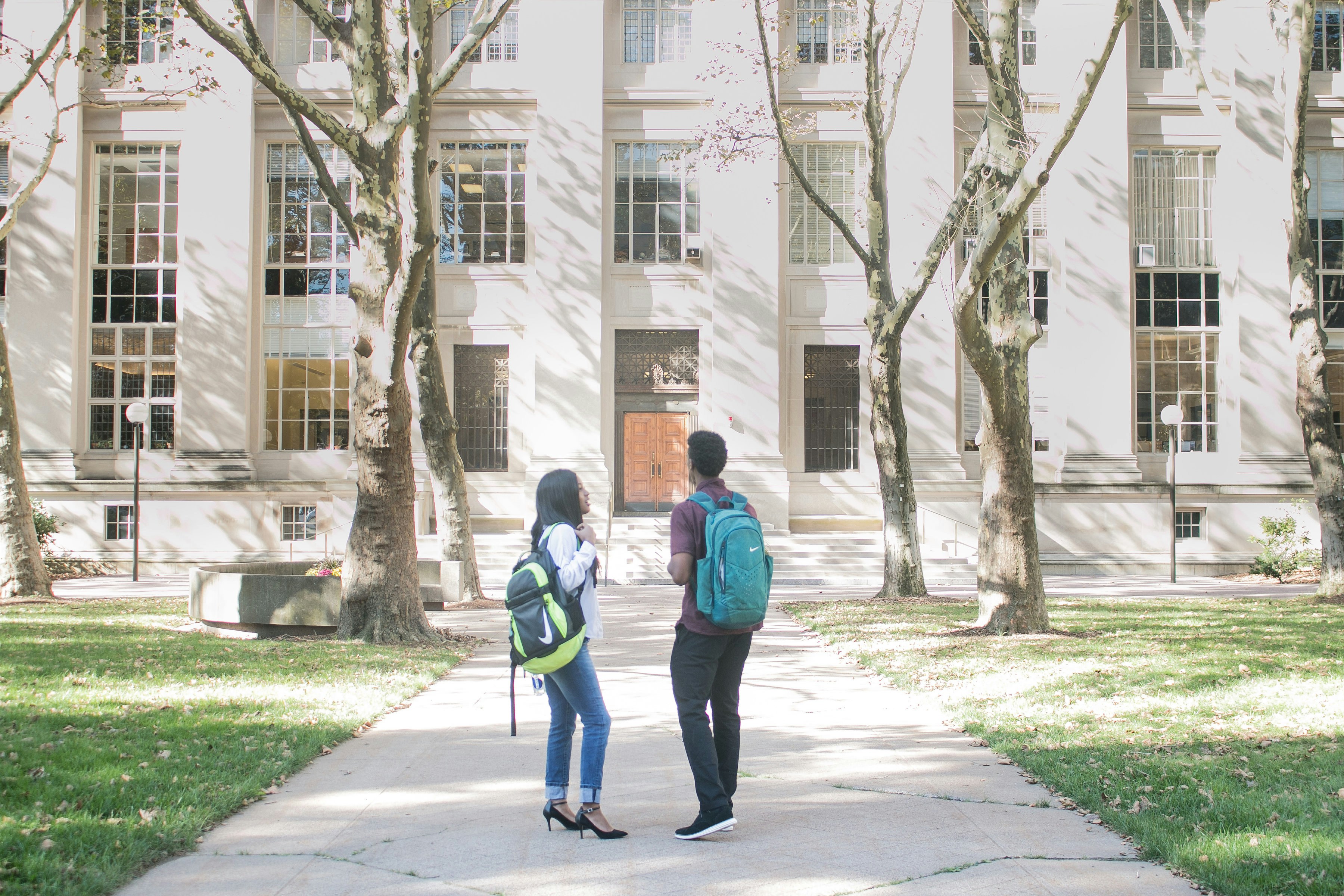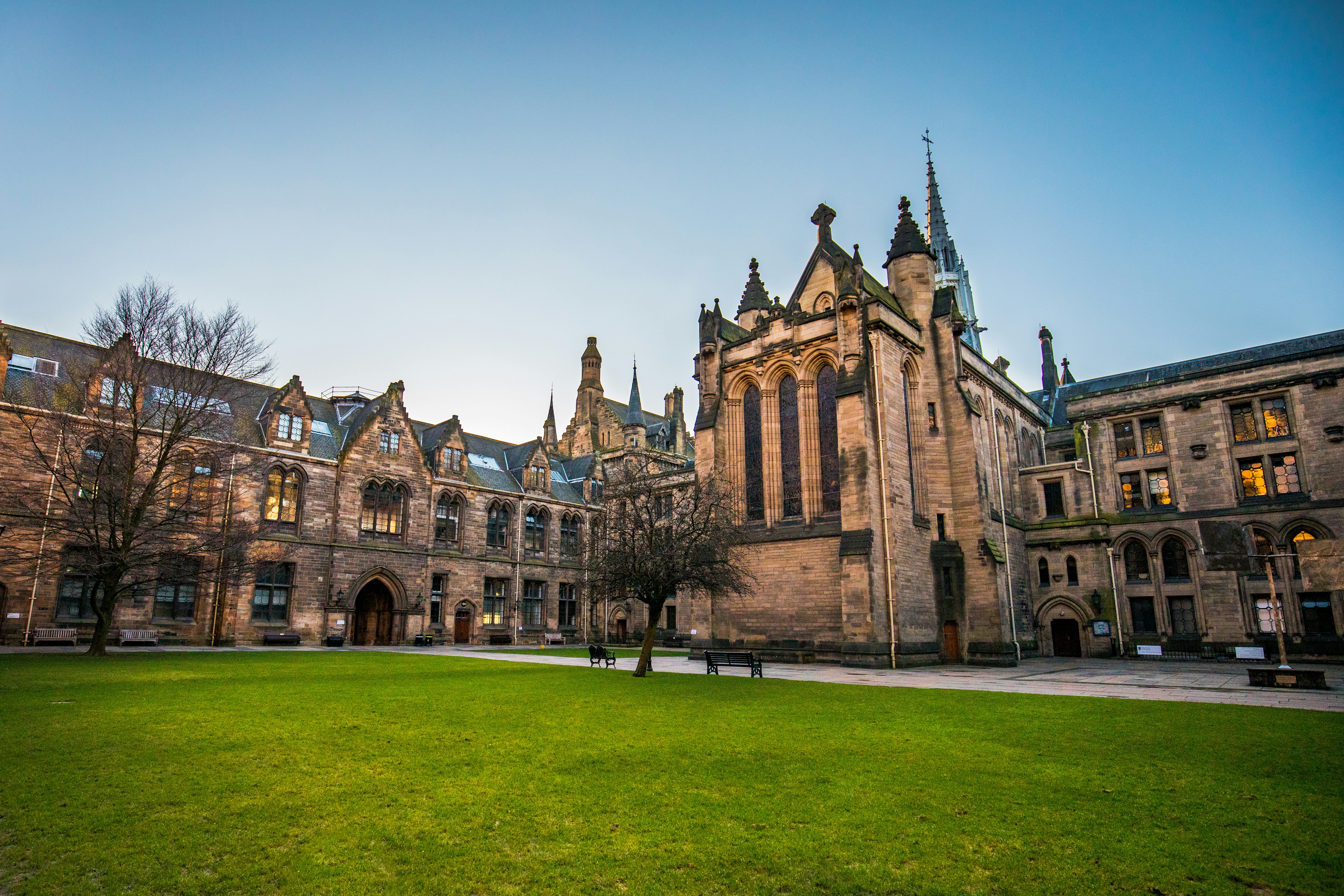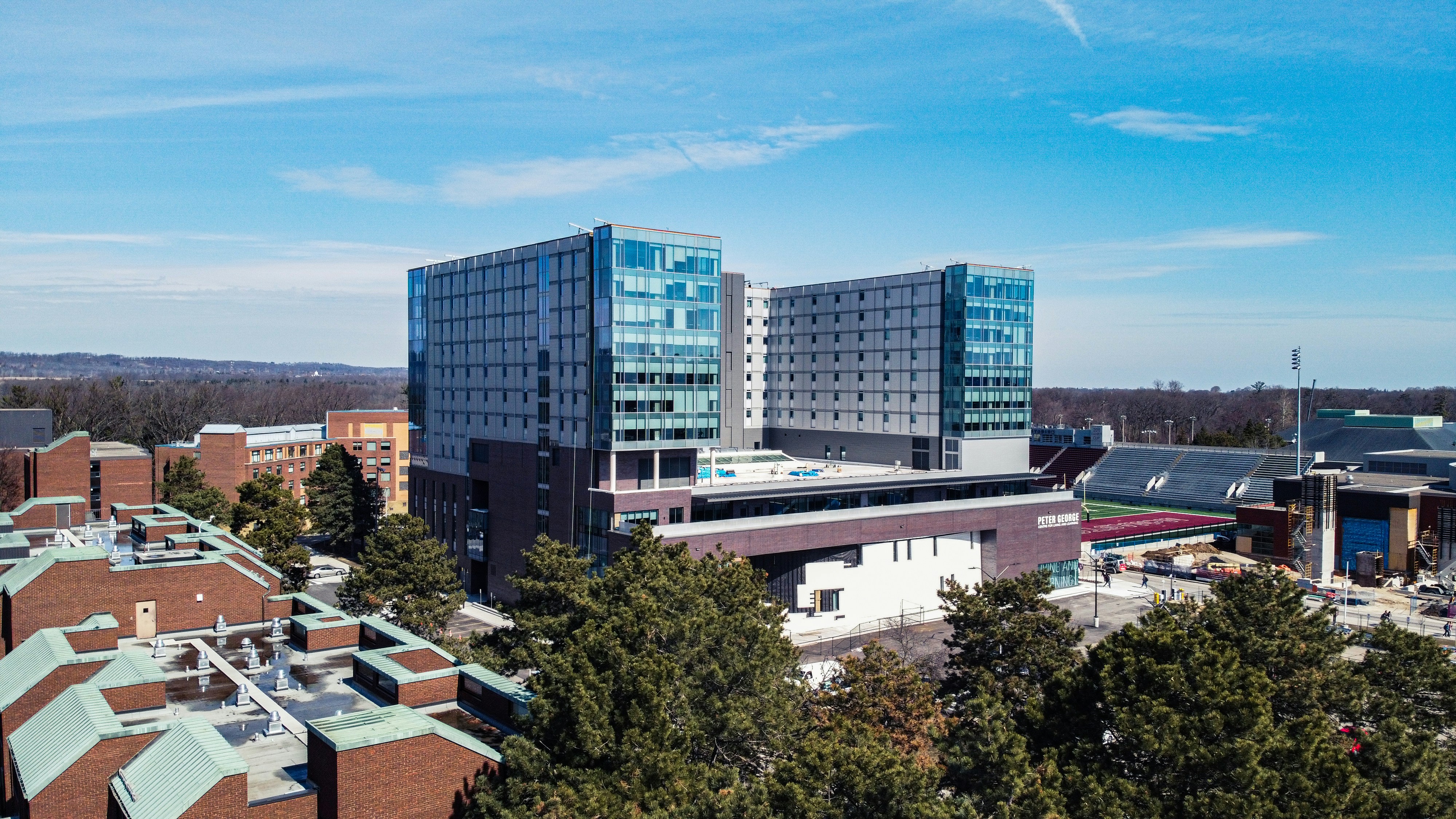Accommodation for students in Canada

Accommodation Options for International Students in
Canada
Canada offers a range of accommodation options for
international students, available through Designated Learning Institutions or
private landlords. This VISA NEXA page outlines the most common choices. Students
intending to study in Canada should explore the health insurance options
available in their chosen province. International students are required to have
health insurance for the entirety of their stay. Some provinces provide
provincial health coverage to eligible international students, either at no cost
or for a fee, and students typically need to apply for this coverage.
In provinces where provincial health insurance is not
provided, students must obtain private insurance, often through their Canadian
educational institution. In such cases, institutions may mandate that
international students enroll in specific health plans, while others might
offer optional coverage plans.
Main Types of International Student Accommodations
1. Student Residence: Dormitories &
Townhouses Many schools provide on-campus or nearby
student residences. Dormitories are large buildings housing multiple students,
while townhouses are smaller units typically housing three to six students.
Dormitories feature communal areas for
entertainment, cooking, and exercise, along with shared bathrooms and showers.
Rooms in dormitories can house one or more students and are managed by the
school. Dormitories are often recommended for first-year students.
Townhouses typically include three to six
single-occupancy bedrooms and a shared kitchen and living area. This type of
housing is usually reserved for upper-year and graduate students.
Both dormitories and townhouses may offer meal
plans at nearby cafeterias or food courts and usually include utilities like
heating, hot water, and internet, either included in the rent or at a reduced
cost.
2. Off-Campus Shared Apartments or
Condominiums Off-campus shared apartments provide students
with single rooms within a shared living space with one or more roommates.
These apartments typically have shared kitchens, bathrooms, dining, and living
areas.
Not all schools assist with finding off-campus
housing, so students may need to do their own research or use referral services
from the school. Rental costs for off-campus housing can vary significantly,
especially in cities like Vancouver, Toronto, and Montreal.
3. Host Family/Homestay Living with a host family offers a home-like environment and security
as students adjust to life in Canada. Host families typically provide a private
room, one to three meals per day, and internet access. They can also help
students navigate the local area, introduce them to Canadian culture, and share
meals.
Students in homestay arrangements should
expect a commute of 30 to 50 minutes to school by bus or train, which is common
in Canada.
4. Furnished or Unfurnished Apartment Rentals Students can find temporary furnished apartment rentals through
websites like Airbnb and Kijiji before arriving in Canada. These rentals are
typically private and fully furnished. It's important to read reviews and
feedback from previous guests.
Renting an unfurnished apartment is also an
option, though it might be challenging for first-time international students.
Things which you should keep in Mind
1.
Start Looking Early Once you receive your acceptance letter, schools often provide a
pre-departure orientation package with accommodation options. These options are
usually listed on school websites, brochures, or marketing materials and should
be researched and compared before applying.
2.
Quality homestay and apartment options tend to
fill up four to eight weeks before arrival, especially in peak times like
August and September.
3.
Meal Plans Many students living on campus opt for meal plans, which are prepaid
and offer a cost-effective way to eat at participating cafeterias and
restaurants.
4.
Utilities Utilities such as hot water, electricity, and internet may or may not
be included or offered at a discount in dormitories. Clarify all additional
costs before committing to accommodation.
5.
Special Accessibility Needs Students with special accessibility needs should contact the school
early to register for necessary services and accommodations.
6.
When to Move Arrive with enough time to get familiar with the neighborhood and
campus. If arriving in the summer, be aware that campus amenities may be closed
until September and many students may still be on break.
7.
Signing a Lease When renting a shared apartment, you might need to sign a lease,
typically six months to one year in length.
8.
Deposits Expect to pay a deposit equal to one month's rent, plus utilities and
possibly internet and cable TV.
Tips for international student
- Ask your school or agent for assistance with booking accommodation.
- Be cautious of scams on websites like Craigslist; never send money
without seeing the apartment or meeting the owner.
- Schools may provide accommodation services, refer you to placement
agencies, or expect you to find housing independently. Know your school's
practice and be proactive.
- Choosing school-referred accommodation is not mandatory; select a
place where you feel comfortable and safe to ensure a successful stay in
Canada.
Contact
Visa Nexa for Immigration Assistance
Need Canadian immigration assistance for settling in
Canada as an International student? Visa Nexa Inc. is here to help. We can
assess your eligibility and submit your application to the Canadian government.
With over 10 years of expertise, Visa Nexa in Mississauga, Ontario has been
helping clients achieve their dream of becoming Canadians. Our head offices are
in Delhi (VISAWALK) and Chandigarh (The Mentors). Reach out to us today and
take the first step toward your new life in Canada!
Click here to fill the CONTACT US form










